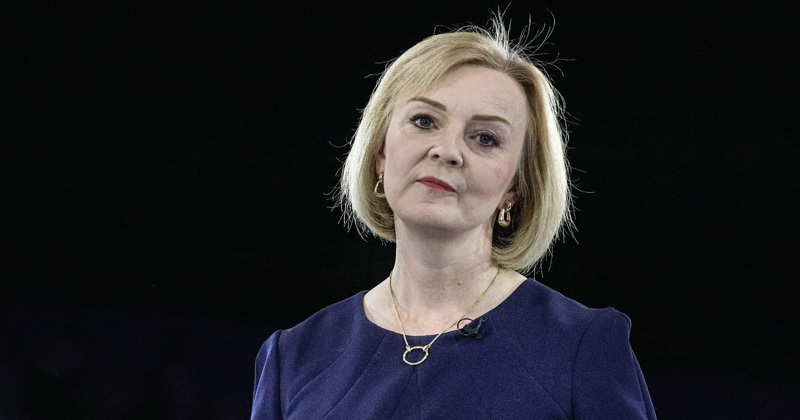The new prime minister Liz Truss has promised a six-month energy “guarantee” for the public sector, as schools grapple with eye-watering rises in bills.
Support was welcomed by education leaders, amid widespread warnings soaring costs are unaffordable.
But few further details have been released and trust and school leaders say short-term term is just not enough. It remains to be seen how much of schools’ soaring costs will be covered in practice.
In a short speech to parliament today, Truss promised that a typical household will pay no more than £2,500 per year for two years from October.
Crucially, the government will “also support all businesses, charities and public sector organisations with their energy costs this winter, offering the equivalent guarantee for six months”.
After that, support will be provided to “vulnerable sectors such as hospitality”. A Department for Education email to school leaders highlighted the fact the review in three months will consider “where this should be targeted” and did not mention hospitality – which may raise hopes schools could be covered. More details are promised “shortly”.
Truss urged companies able to do so to look at “how they can improve energy efficiency and increase direct energy generation” in the meantime. The expected costs of the new support will also be set out later this month.
There was no explicit reference to schools in her comments, and the ramifications for their costs are unclear. There are particular worries about whether schools, trusts and councils that have already struck new contracts at high rates will be covered by the guarantee.
Leora Cruddas, chief executive of the Confederation of School Trusts, and Geoff Barton, general secretary of school leaders’ union ASCL, both said they were pleased by the “desperately needed” intervention.
But Cruddas warned the six-month limit “creates its own set of difficulties”, with trusts needing budget security for the full year.
“Further uncertainty over energy costs in this financial year will impact negatively on the ability of trusts to make secure financial decisions and exercise financial governance.”
Barton voiced similar concerns about the guarantee only lasting half the year. “We will be seeking clarification about what happens beyond then, as well as more detail about exactly how the guarantee will work.”
Kevin Courtney, joint general secretary of the NEU, said the measure would “do nothing to mitigate the increases that have already happened” – when some schools have seen bills triple or more.
He added: “The proposal only provides six-month protection at an unmanageably high level and does not provide security for the future. “
Luke Sibieta, programme director for education and skills at the Institute for Fiscal Studies, told Schools Week: “Schools will clearly be relieved that they are likely to be covered by the energy bill price freeze. But this is only currently due to last for six months.
“Energy costs were also just one of the many pressures on school budgets this year. “
He noted average teacher salaries are rising by more than 5 per cent and support staff wages by more than 8 per cent this year, higher than core per-pupil mainstream funding hikes of 6 per cent. “This squeeze will only continue next year.”
Truss said the government would enact its reforms through “securing the wholesale price for energy”, in a move “agreed with energy retailers”.
One energy broker told Schools Week he understood discussions with firms were ongoing however on how the guarantee would work in practice.
It comes a day after a body representing many of the country’s academy trusts demanded energy grants for schools.
Cruddas wrote to the new government to warn some trusts faced increases “surpassing 500 per cent”, which is “clearly not sustainable”.
Nine in 10 leaders had also reported upcoming pay rises were “unaffordable within existing budgets”.
A Schools Week investigation found schools were considering cuts to jobs, books and building work to fill budget black holes, while others said heating will be turned down and class sizes raised if government aid is not sufficient.
The government has been approached for further detail.
















Your thoughts